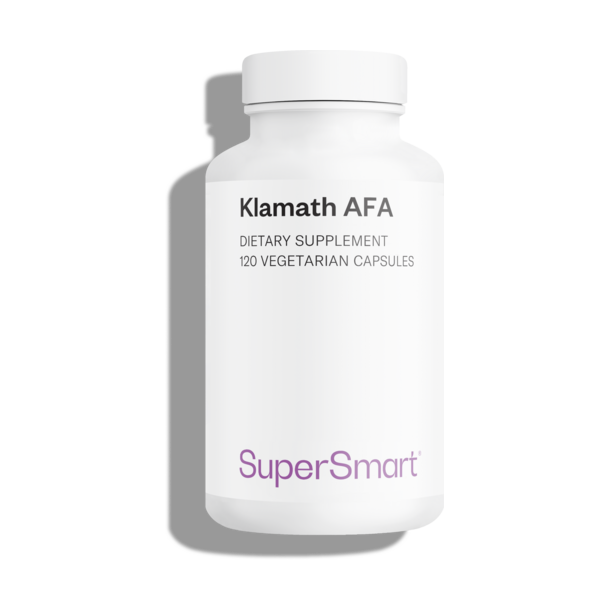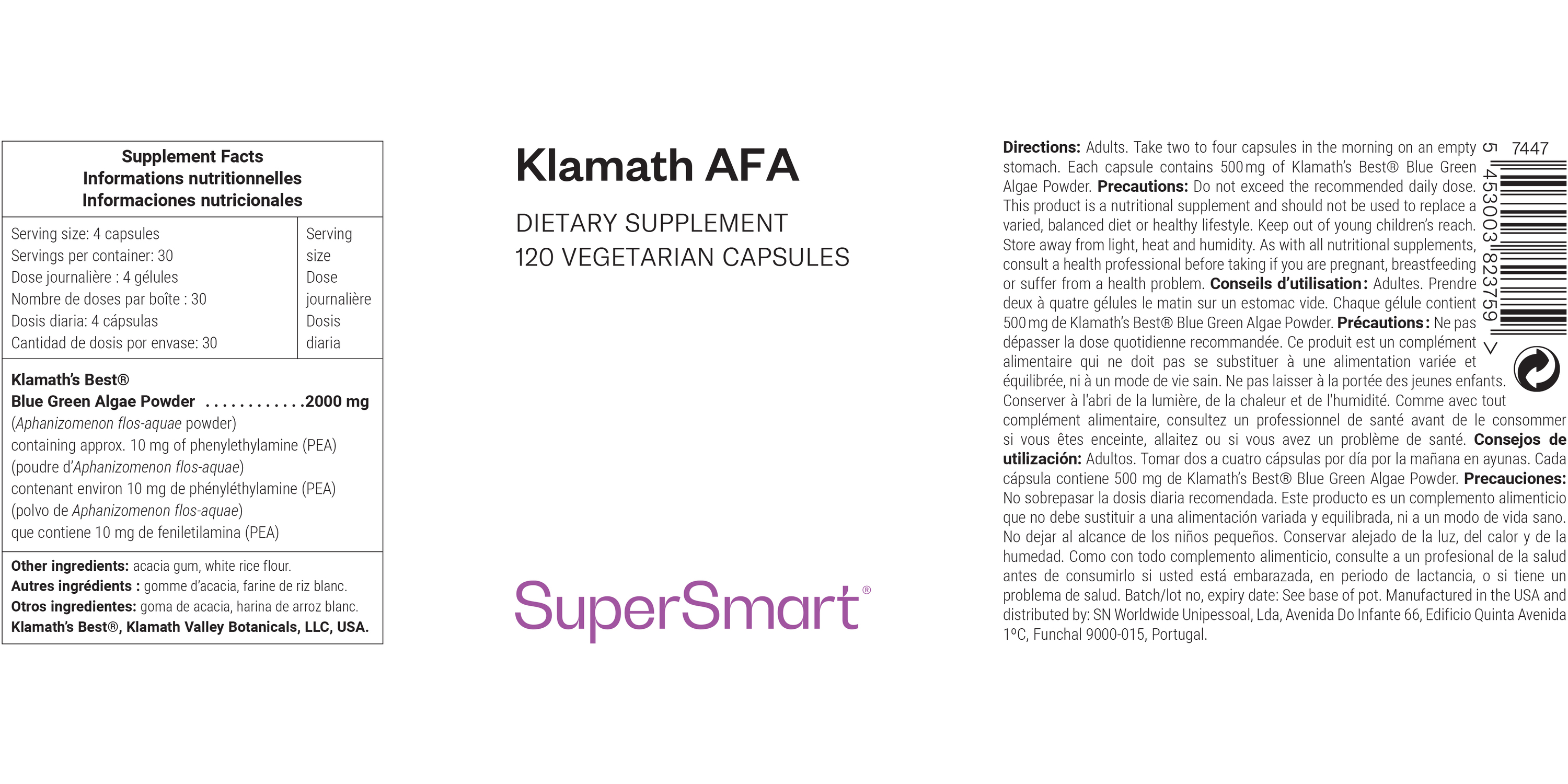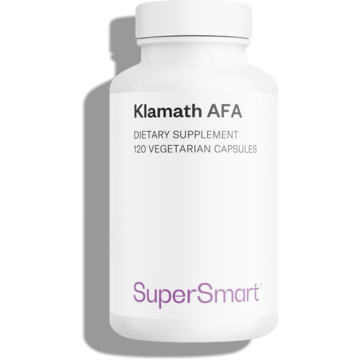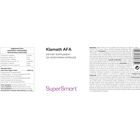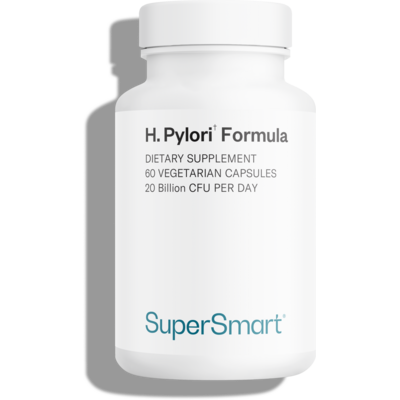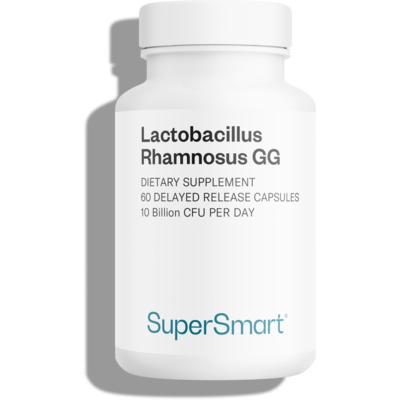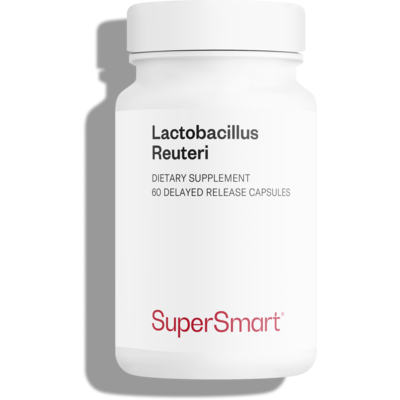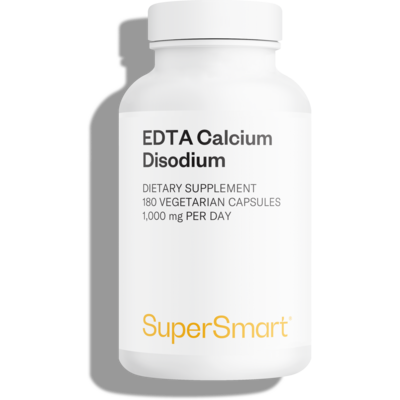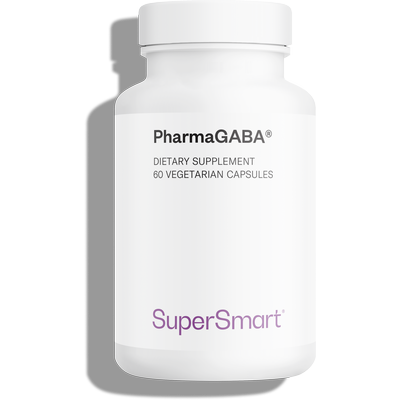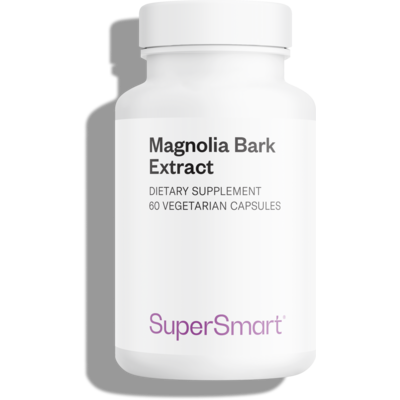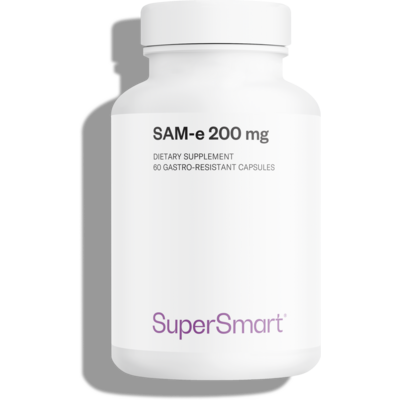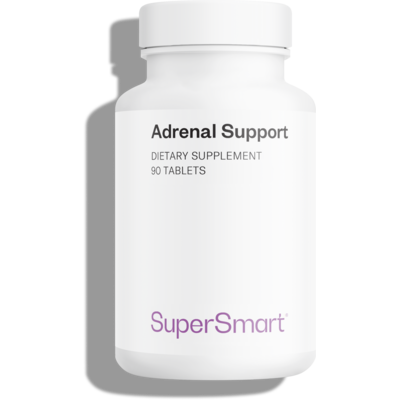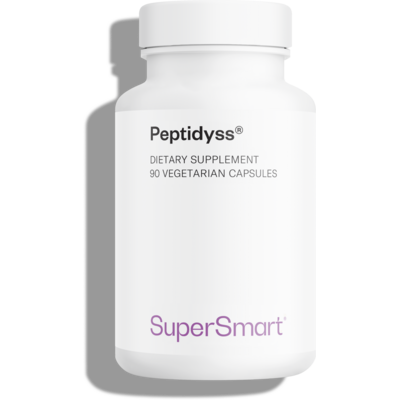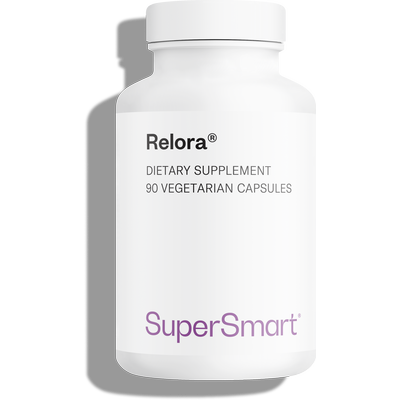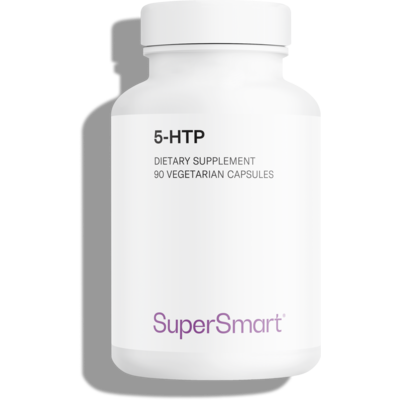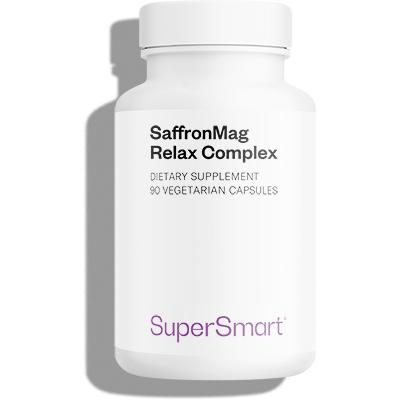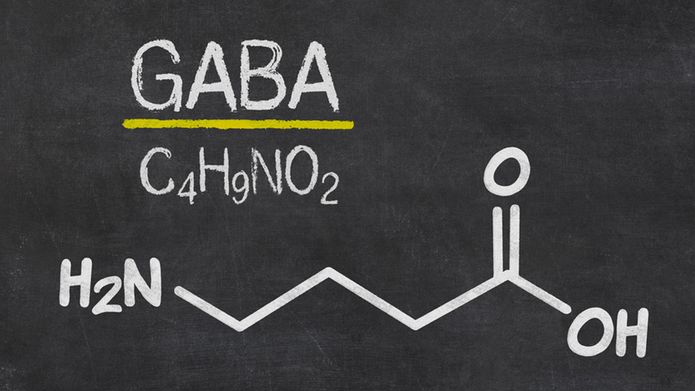Create Your Offer
Klamath AFA is a freshwater algae supplement from wild-harvested Aphanizomenon flos-aquae, potentially known for the spectrum of nutrients it may contain.*
Grown in the mineral-rich waters of Oregon’s Klamath Lake, this blue-green algae appears to be naturally rich in amino acids, vitamins, trace minerals, and bioactive plant compounds.*
What Does AFA Contain?*
Klamath AFA should deliver a range of naturally occurring micronutrients which could help support daily wellness.*
It contains:*
- PEA (phenylethylamine) – a dietary amine which may be found in small amounts in some plant foods and apparently studied for its possible role in mood and alertness.*
- Vitamin B12 – a nutrient which may help maintain normal energy metabolism and cognitive function.*
- Vitamin K – an element which might play a role in calcium balance and bone structure.*
- Essential amino acids (including arginine, histidine, isoleucine, leucine, lysine, methionine, phenylalanine, threonine, tryptophan, and valine).*
- Over 11 vitamins, including beta-carotene (vitamin A), B vitamins (including B12), as well as vitamins C, E, and K.*
- Plant-based proteins (approximately 60% of dry weight).*
- Chlorophyll and phycocyanin – plant pigments supposedly studied for their potential antioxidant properties.*
- Essential fatty acids – including alpha-linolenic acid (ALA), an omega-3 fatty acid.*
- Trace minerals and elements such as calcium, iron, and magnesium.*
Why Consider Taking Klamath AFA?*
It might:*
- Offer a concentrated source of nutrients in a potentially low-calorie format.*
- Traditionally be used in Indigenous diets for its possible nourishing properties.
- Help support a mindful approach to daily wellness and nutritional balance.*
WARNINGS
Do not exceed the recommended daily dose. This product is a nutritional supplement and should not be used as a substitute for a varied and balanced diet or a healthy lifestyle.
STORAGE
Store in a cool, dry place away from direct sunlight, heat, and humidity. Keep out of reach of children.
PREGNANCY AND MEDICAL CONDITIONS
If you are pregnant, breastfeeding, or have any medical conditions, consult your healthcare provider before using this product.
SUPPLEMENT INTERACTIONS
Consult your healthcare provider before use, especially if you are taking any medications or other supplements as there may be potential interactions.
Need Help?
Phone Number
+1 (786) 522-3907
From 9 am to 6 pm (EST)
Email Address
You May Also Like

